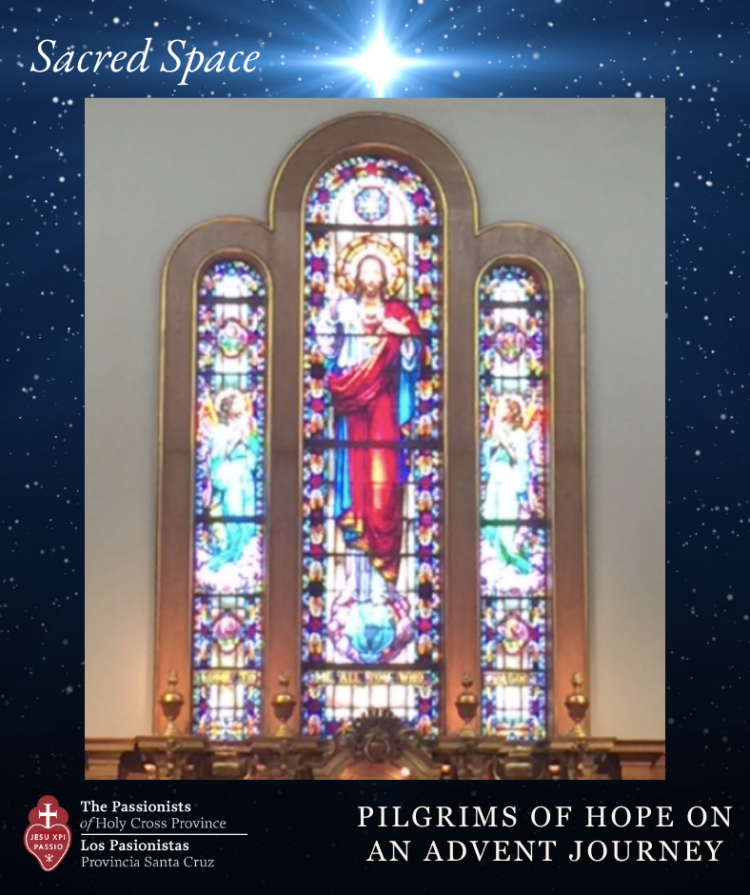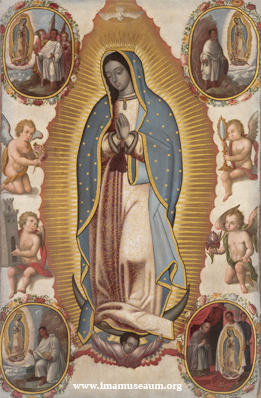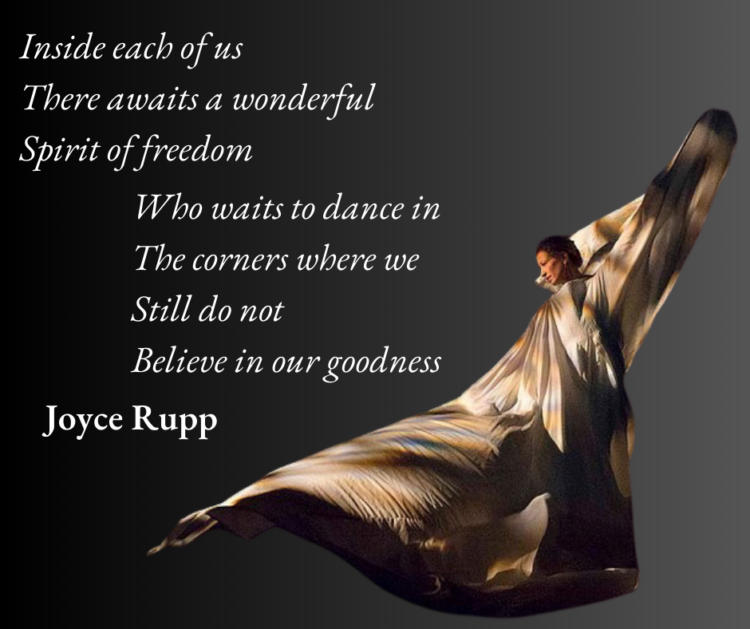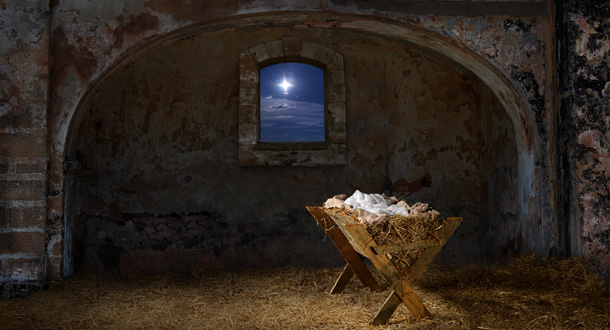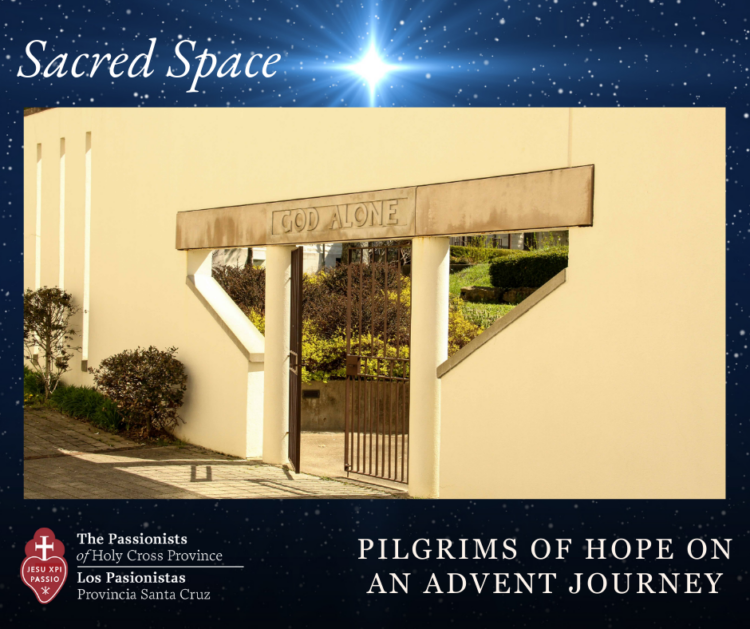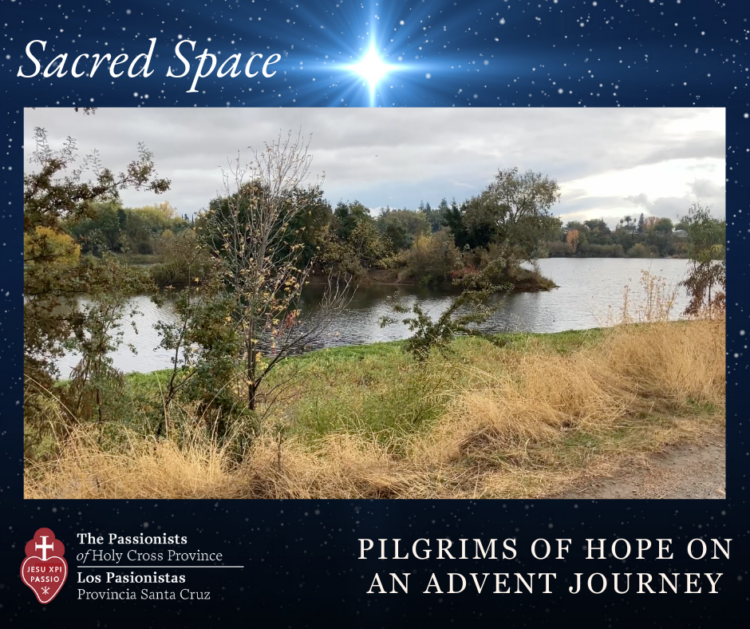As a four-year-old, my first sacred place was the sanctuary of Sacred Heart Church in Altadena, California – 8 miles west of Mater Dolorosa Retreat Center. I visited the church recently and sought out the stained-glass window you see in the photo. On it were the first words I learned to read: “Come to me all you who labor.”
I became an altar boy at that sacred place in 2nd grade. Although I couldn’t articulate it then, the sanctuary settled inside me as a passageway directly bridging heaven to our home in California. The priest spoke for God.
The sanctuary’s very existence thwarted the materialistic clatter and clutter outside. Instead, it offered a seat among saints in both worlds, where I knew we were all infinite beings. Even children were. That sanctuary and, from then on, each sanctuary throughout Christendom—could never be called something less than a sacred place.
~ Jack Dermody
